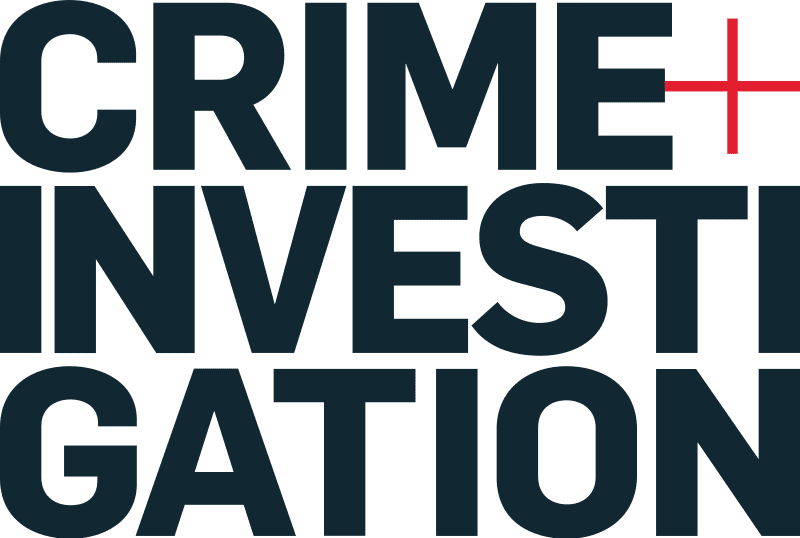Law, Nature and Purpose of Preliminary Investigation in the Philippines
Rule 112 of the 2000 Rules of Criminal Procedure governs the conduct of a preliminary investigation.
A preliminary investigation is an inquiry or proceeding to determine whether there is sufficient ground to engender a well-founded belief that a crime has been committed and the respondent is probably guilty thereof, and should be held for trial.
Preliminary investigation is the proceeding where the public prosecutor is given broad discretion to determine whether probable cause exists for the purpose of filing a criminal information in court. This is an executive determination of probable cause.
A preliminary investigation is required to be conducted before the filing of a complaint or information for an offense where the penalty prescribed by law is at least four (4) years, two (2) months and one (1) day without regard to the fine.
Who are the officers authorized to conduct preliminary investigations?
The following may conduct preliminary investigations:
- Provincial or City Prosecutors and their assistants;
- Judges of the Municipal Trial Courts and Municipal Circuit Trial Courts;
- National and Regional State Prosecutors; and
- Other officers as may be authorized by law.
Their authority to conduct preliminary investigations shall include all crimes cognizable by the proper court in their respective territorial jurisdictions.
How shall preliminary investigation be conducted?
A complaint must be filed which shall state the address of the respondent and shall be accompanied by the affidavits of the complainant and his witnesses, as well as other supporting documents to establish probable cause. They shall be in such number of copies as there are respondents, plus two (2) copies for the official file. The affidavits shall be subscribed and sworn to before any prosecutor or government official authorized to administer oath, or, in their absence or unavailability, before a notary public, each of who must certify that he personally examined the affiants and that he is satisfied that they voluntarily executed and understood their affidavits.
Within ten (10) days after the filing of the complaint, the investigating officer shall either dismiss it if he finds no ground to continue with the investigation, or issue a subpoena to the respondent attaching to it a copy of the complaint and its supporting affidavits and documents.
The respondent shall have the right to examine the evidence submitted by the complainant.
Within ten (10) days from receipt of the subpoena with the complaint and supporting affidavits and documents, the respondent shall submit his counter-affidavit and that of his witnesses and other supporting documents relied upon for his defense. The counter-affidavits shall be subscribed and sworn to and certified, with copies thereof furnished by him to the complainant. The respondent shall not be allowed to file a motion to dismiss in lieu of a counter-affidavit.
If the respondent cannot be subpoenaed, or if subpoenaed, does not submit counter-affidavits within the ten (10) day period, the investigating officer shall resolve the complaint based on the evidence presented by the complainant.
The investigating officer may set a hearing if there are facts and issues to be clarified from a party or a witness. The parties can be present at the hearing but without the right to examine or cross-examine. They may, however, submit to the investigating officer questions which may be asked to the party or witness concerned.
The hearing shall be held within ten (10) days from submission of the counter-affidavits and other documents or from the expiration of the period for their submission. It shall be terminated within five (5) days.
Within ten (10) days after the investigation, the investigating officer shall determine whether or not there is sufficient ground to hold the respondent for trial.
What happens if there is no probable cause?
The investigating prosecutor shall recommend the dismissal of the complaint if he finds no cause to hold the respondent for trial.
What happens if there is probable cause?
If the investigating prosecutor finds cause to hold the respondent for trial, he shall prepare the resolution and information. He shall certify under oath in the information that he, or as shown by the record, an authorized officer, has personally examined the complainant and his witnesses; that there is reasonable ground to believe that a crime has been committed and that the accused is probably guilty thereof; that the accused was informed of the complaint and of the evidence submitted against him; and that he was given an opportunity to submit controverting evidence.
Within five (5) days from his resolution, he shall forward the record of the case to the provincial or city prosecutor or chief state prosecutor, or to the Ombudsman or his deputy in cases of offenses cognizable by the Sandiganbayan in the exercise of its original jurisdiction. They shall act on the resolution within ten (10) days from their receipt thereof and shall immediately inform the parties of such action.
No complaint or information may be filed or dismissed by an investigating prosecutor without the prior written authority or approval of the provincial or city prosecutor or chief state prosecutor or the Ombudsman or his deputy.
In the case of Quisay vs. People, G.R. No. 216920, 13 January 2016, the Supreme Court pronounced that Information filed by the Assistant City Prosecutor (ACP) of Makati City is void if there was no prior written authority from the City Prosecutor, even if the information contained a certification that the ACP had prior written authority from the City Prosecutor.
Where the investigating prosecutor recommends the dismissal of the complaint but his recommendation is disapproved by the provincial or city prosecutor or chief state prosecutor or the Ombudsman or his deputy on the ground that a probable cause exists, the latter may, by himself, file the information against the respondent, or direct any other assistant prosecutor or state prosecutor to do so without conducting another preliminary investigation. If upon petition by a proper party under such rules as the Department of Justice may prescribe or motu proprio, the Secretary of Justice reverses or modifies the resolution of the provincial or city prosecutor or chief state prosecutor, he shall direct the prosecutor concerned either to file the corresponding information without conducting another preliminary investigation, or to dismiss or move for dismissal of the complaint or information with notice to the parties. The same rule shall apply in preliminary investigations conducted by the officers of the Office of the Ombudsman.
Is hearsay evidence admissible in Preliminary Investigation?
In the case of Senator Estrada vs. Office of the Ombudsman, et. al., G.R. Nos. 212140-41, 21 January 2015, the Supreme Court answered in the affirmative, to wit:
“Probable cause can be established with hearsay evidence, as long as there is substantial basis for crediting the hearsay. Hearsay evidence is admissible in determining probable cause in a preliminary investigation because such investigation is merely preliminary, and does not finally adjudicate rights and obligations of parties.”
About Nicolas and De Vega Law Offices
If you need assistance in civil or other criminal law-related issues, we can help you. Nicolas and de Vega Law Offices is a full-service law firm in the Philippines. You may visit us at the 16th Flr., Suite 1607 AIC Burgundy Empire Tower, ADB Ave., Ortigas Center, 1605 Pasig City, Metro Manila, Philippines. You may also call us at +632 84706126, +632 84706130, +632 84016392 or e-mail us at [email protected]. Visit our website www.ndvlaw.com.









